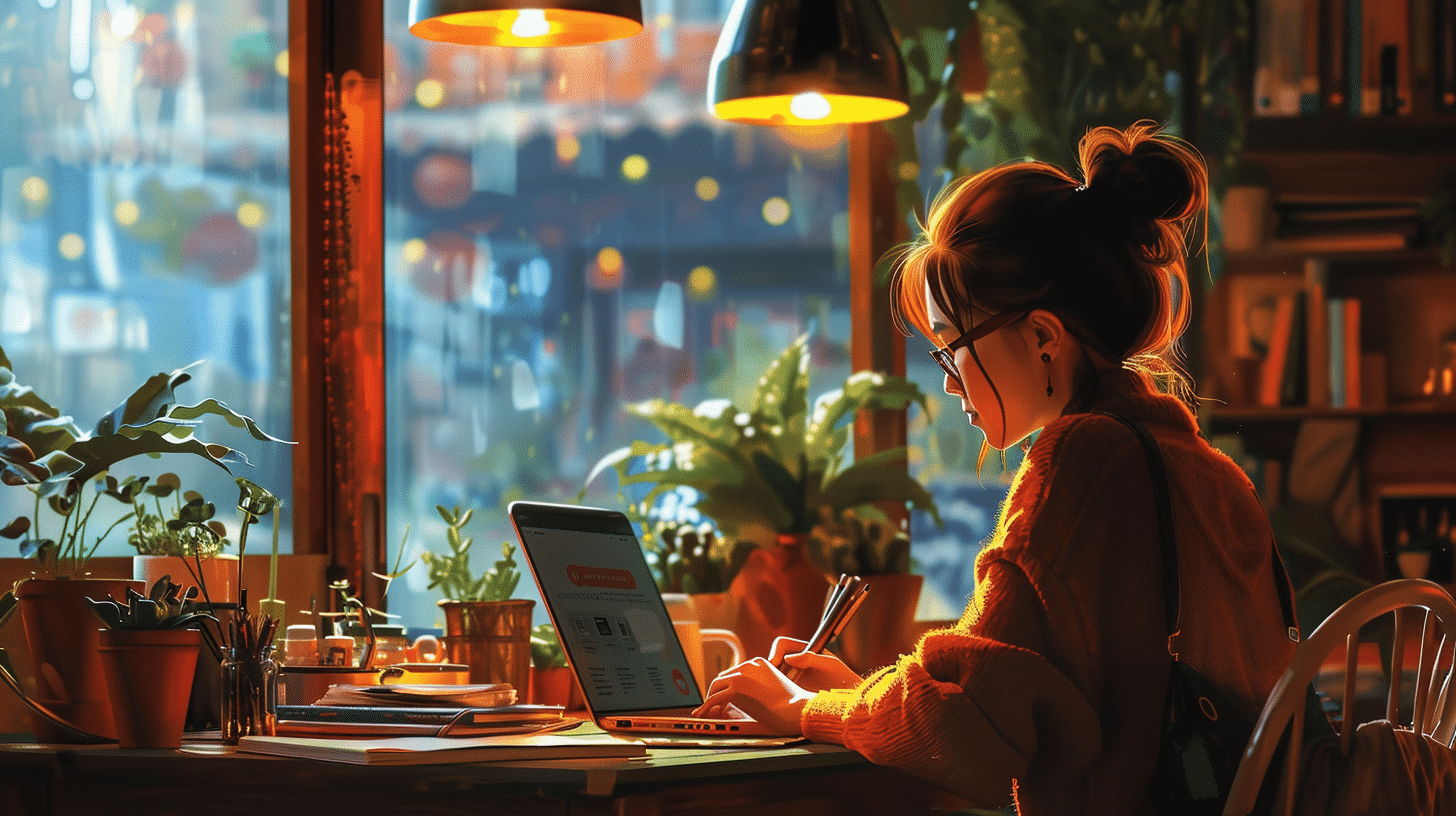Pick a language and start learning!
Agreement of adjectives with number Exercises in French language

Mastering the agreement of adjectives with number is a crucial aspect of achieving fluency in French. Unlike English, where adjectives remain unchanged regardless of the noun's number, French adjectives must agree in both gender and number with the nouns they modify. This means that the form of the adjective will change depending on whether the noun is singular or plural. For instance, the adjective "grand" (big) becomes "grands" when modifying a masculine plural noun and "grandes" for a feminine plural noun. Such nuances are essential for constructing grammatically correct and natural-sounding sentences in French.
In these exercises, you'll have the opportunity to practice making adjectives agree with singular and plural nouns. Whether you're dealing with regular or irregular adjectives, these exercises will help reinforce the rules and exceptions you need to know. By working through various examples and contexts, you'll gain confidence in applying these rules accurately in your writing and speaking. Dive into the exercises to enhance your understanding and proficiency in this fundamental aspect of French grammar.
Exercise 1
<p>1. Les livres sont très *intéressants* (plural form of "intéressant").</p>
<p>2. Les fleurs du jardin sont *belles* (plural form of "belle").</p>
<p>3. Les étudiants sont *studieux* (plural form of "studieux").</p>
<p>4. Les maisons de ce quartier sont *anciennes* (plural form of "ancienne").</p>
<p>5. Les chats sont *mignons* (plural form of "mignon").</p>
<p>6. Les idées sont *nouvelles* (plural form of "nouvelle").</p>
<p>7. Les montagnes sont *hautes* (plural form of "haute").</p>
<p>8. Les enfants sont *heureux* (plural form of "heureux").</p>
<p>9. Les rues sont *larges* (plural form of "large").</p>
<p>10. Les voitures sont *rapides* (plural form of "rapide").</p>
Exercise 2
<p>1. Les chiens sont très *intelligents* (plural form of "intelligent").</p>
<p>2. Elle porte une robe *bleue* (feminine singular form of "blue").</p>
<p>3. Les fleurs sont *belles* (plural form of "beautiful").</p>
<p>4. Les garçons sont *petits* (plural form of "small").</p>
<p>5. Les maisons sont *grandes* (plural form of "big").</p>
<p>6. La voiture est *rouge* (feminine singular form of "red").</p>
<p>7. Ils sont *heureux* (plural form of "happy").</p>
<p>8. Elle a des yeux *verts* (plural form of "green").</p>
<p>9. Les livres sont *intéressants* (plural form of "interesting").</p>
<p>10. Les femmes sont *élégantes* (plural form of "elegant").</p>
Exercise 3
<p>1. Les chats sont très *mignons* (adjective for "cute").</p>
<p>2. Elle a acheté des robes très *élégantes* (adjective for "elegant").</p>
<p>3. Les maisons sont *grandes* et modernes (adjective for "big").</p>
<p>4. Les enfants sont *heureux* de jouer dehors (adjective for "happy").</p>
<p>5. Les fleurs sont *colorées* au printemps (adjective for "colorful").</p>
<p>6. Les livres sont *intéressants* et éducatifs (adjective for "interesting").</p>
<p>7. Les voitures sont *rapides* sur l'autoroute (adjective for "fast").</p>
<p>8. Les montagnes sont *impressionnantes* en hiver (adjective for "impressive").</p>
<p>9. Les chiens sont *fidèles* à leurs maîtres (adjective for "loyal").</p>
<p>10. Les plages sont *magnifiques* en été (adjective for "magnificent").</p>







